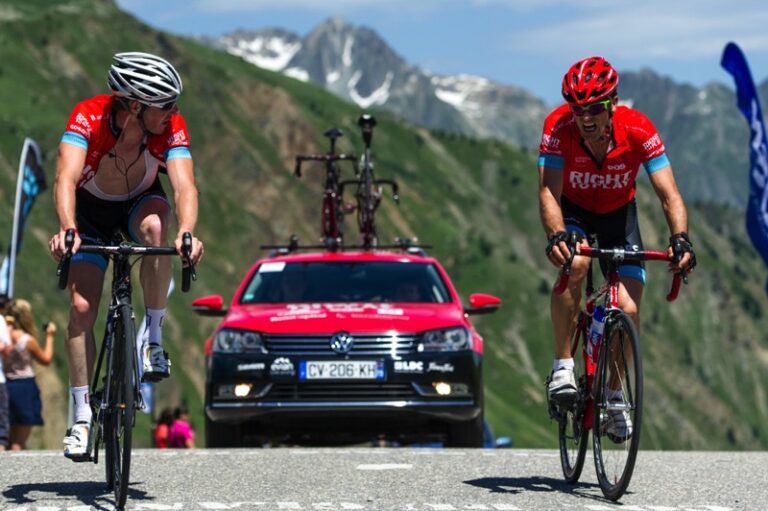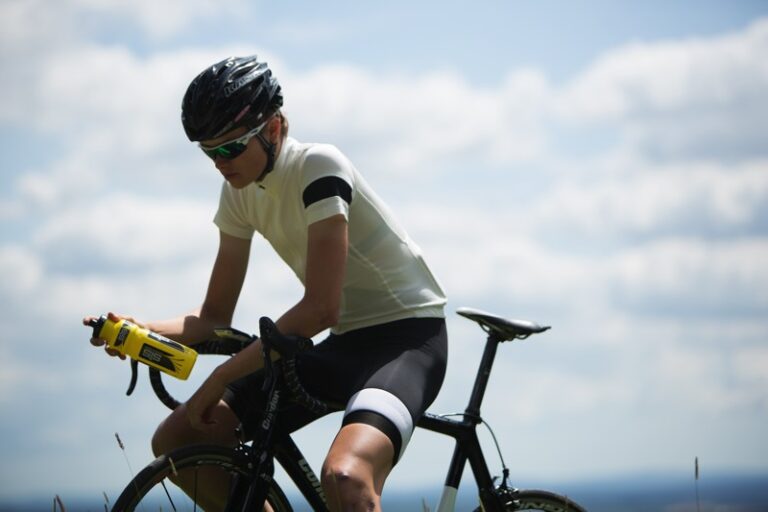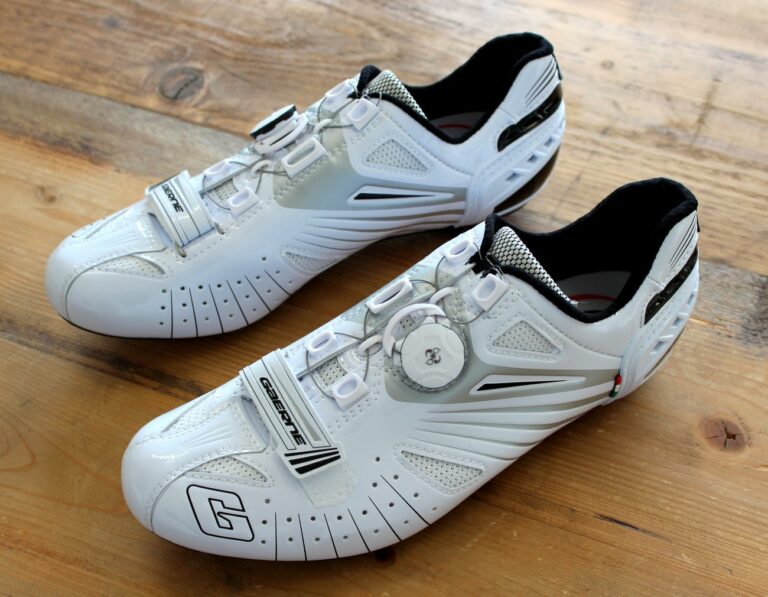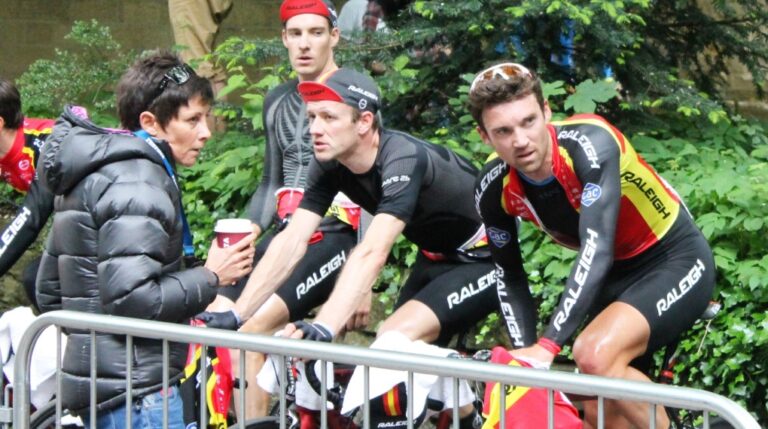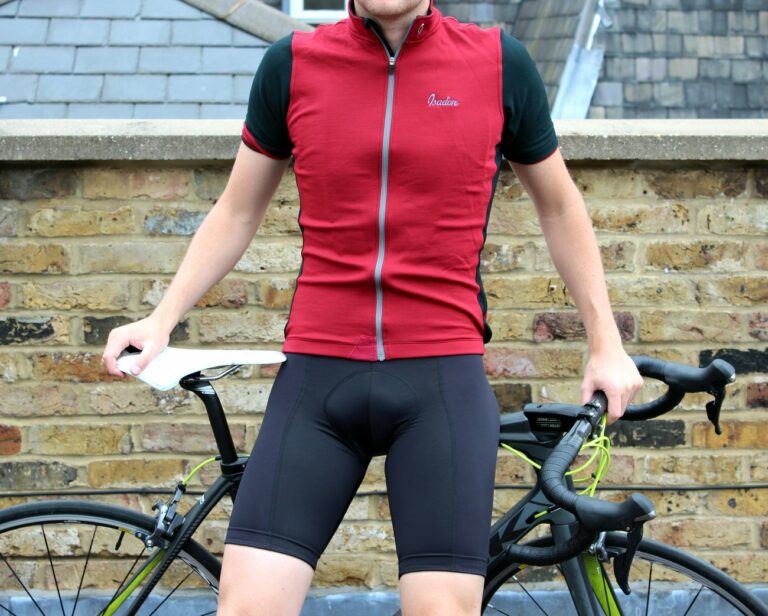By a small act of kindness, character is revealed.
In the midst of his own distress as he stood at the side of a road made treacherous by sheeting rain, his body wracked with pain, and the likelihood that months of gruelling preparation might be squandered fast gaining the status of certainty, Chris Froome, the defence of his Tour de France title in tatters, reached out to Xabi Zandio.
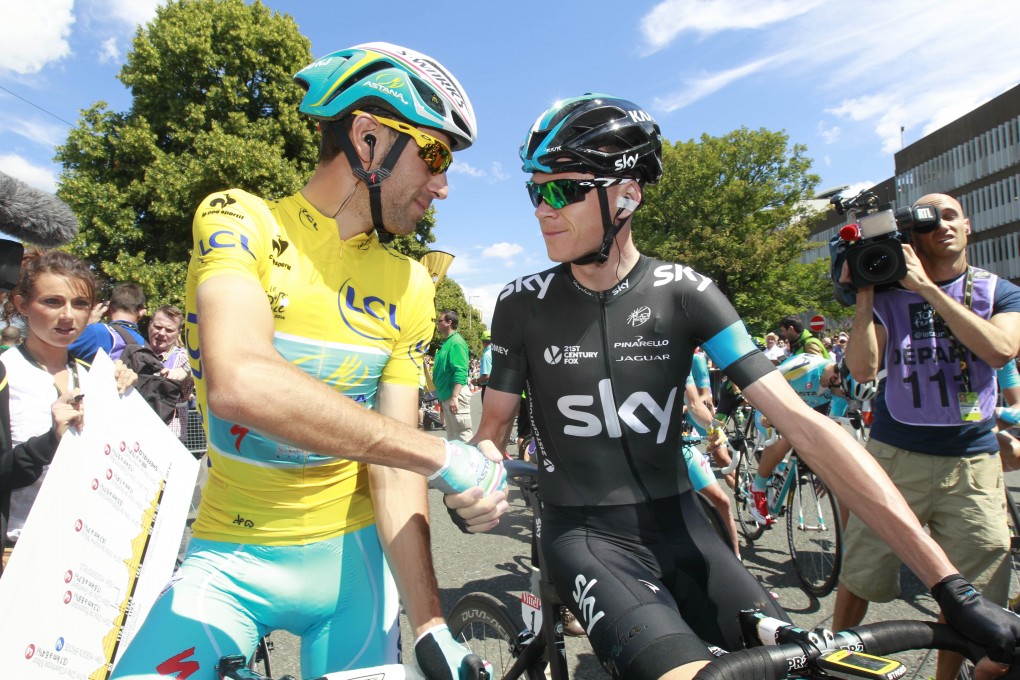
The gesture was brief, but telling. What was Froome’s message to his team-mate? One of thanks? Commiseration? Concern? Farewell? Only the riders will know. That it was the last meaningful act of Froome’s reign as Tour champion speaks volumes. Zandio, himself a bedraggled figure, cut a pitiful sight as he waited for Froome, but had instinctively halted to help his leader. The gesture had not passed unnoticed by Froome, even as the race slipped from his grasp. Froome’s gesture to Zandio should not pass unnoticed either.
Television pictures showed Froome sequestered in the back of the Team Sky car, still wearing his helmet, an intensely visual manifestation of his mental state. Professional cyclists are proud men. To abandon a race is a tumultuous event, a decision to be avoided even while the most outrageous hope of continuing remains. It is not made lightly. Froome has devoted a year of his life to this summer, likely to have begun preparing for this year’s Tour shortly after winning the last. His expression as he climbed into the car said everything.
The theory that Bradley Wiggins, Sky’s other Tour winner, controversially absented from duties in this year’s race by the team’s senior management, may have fared better is seductive, but conveniently overlooks his consistently dire displays in the wet conditions of last year’s Giro d’Italia, and non-performance at the 2013 world road race championships, where, in football parlance, he failed to turn up. There is little that can be assumed about the mercurial Wiggins, but his distaste for riding in the rain is a rare constant. His superb performance at this year’s Paris-Roubaix is largely irrelevant, given: a) that it was achieved in dry conditions, and b) that Froome crashed out before the cobbled secteurs of the Tour stage had been reached.

Does Richie Porte now represent the British team’s best prospect of a third consecutive Tour victory? He will become leader by default, but to win this 101st Tour de France he must resist the threat of Alberto Contador, an infinitely more accomplished rider and one who has enjoyed a vastly more successful run up to the Tour, whom he leads by just 43 seconds. And, of course, he must overtake Vincenzo Nibali.
Some wondered if, given the conditions, yesterday’s stage should have been run at all. Tell Nibali that it shouldn’t. Professional cycling demands a variety of skills. To limit the greatest race in the world to dry conditions would be an aberration. To discount supreme bike handling and tactical acumen – the precise qualities by which Nibali claimed stage two and earned his place in yellow in the first instance – would be a grave error. His performance on the treacherous roads to Arenberg Porte du Hainaut was masterful, and built on foundations of grit, form, and a brilliant racing brain (see also Button, J. Montreal, 2011).
The popular refrain before the race was that stage five was not one on which the Tour could be won, only lost. Nibali’s magnificent ride gave the lie to that analysis. A great rider will seize any opportunity to win. Having done so to claim the stage victory in Sheffield, he may have gained a greater prize on the road to Arenberg. Time will tell.
From here I want to give support to @chrisfroome ,months of work and everything gone. A big loss for the Tour. See you here next year.
— Alberto Contador (@albertocontador) July 9, 2014
In any instance, the race will be poorer for Froome’s absence, as Contador, his chief rival, conceded with admirable sportsmanship on Twitter yesterday evening. The Spaniard is fast approaching the status of elder statesman, after a career not without controversy. His Tweet was the second act of gentlemanly behaviour after Froome’s gesture to Zandio. That both were made on a day in which the riders were pushed to their limits (and beyond in Froome’s case) serves as yet another reminder of why we love this sport.

